London Plane Tree: East Meets West
London plane trees decorate streets all over the world. Hardy hybrids of American sycamore and oriental plane trees, they defy smog and traffic.
Read MoreLinnaeus’s Garden
You could say he’s the father of all gardeners—all modern gardeners, anyway. Karl Linne (or Carolus Linnaeus, to use the Latin form of his name, which he preferred) had a garden with thousands of species of plants in it, each and every one named by himself.
Read MoreSeeing Brown: November Leaves
In November, the red and yellow leaves are gone, but there’s still a wealth of color. In nature, there are way more than fifty shades of brown.
Read MoreRed Oaks: On Fire
Red oak. Really lives up to its name in fall. Late in the season, the red oaks are on fire. The oaks are important trees for wildlife, of course. Everyone knows squirrels eat acorns, but acorns are high-protein food for an astonishing number of animal species: blue jays, wild turkeys, black bears, wood ducks, opossums, woodpeckers, red and gray foxes, rabbits, white-tailed deer, and many more. But a close look at oak leaves shows their other, more subtle, contribution–to the insects. All those thousands and thousands–millions!–of little bumps, nibbles, gnawings, holes....
Read More
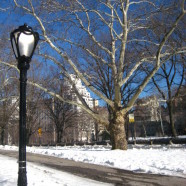
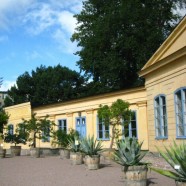
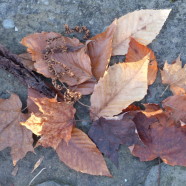

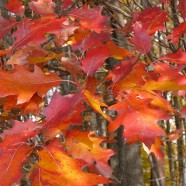
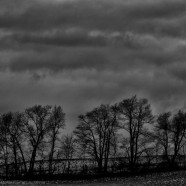




Recent Comments